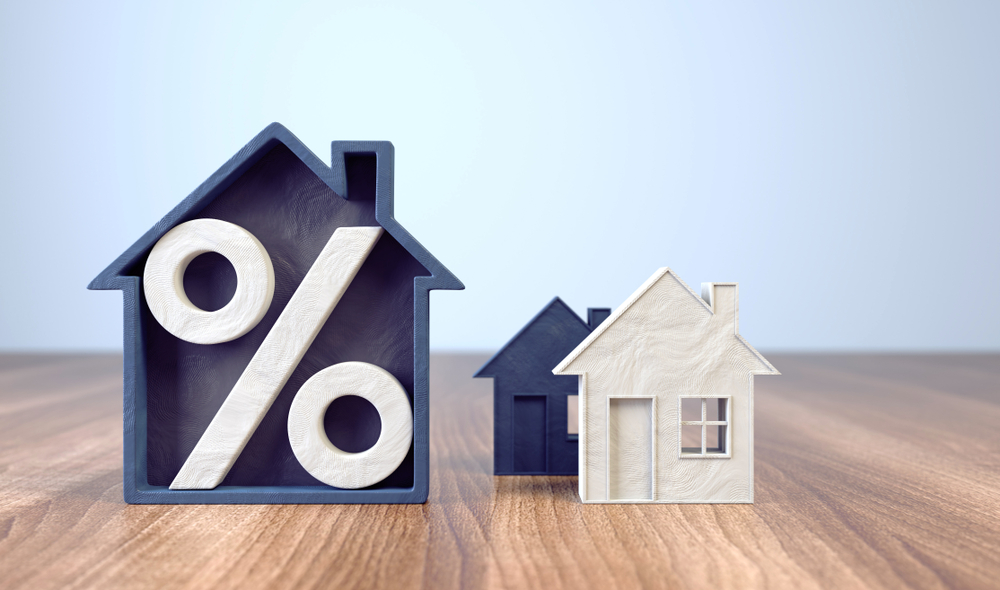How To Get A Mortgage On A Low Income
With the cost of living increasing, so are the number of people considered to be on a low income. Our money just isn’t stretching as far as it used to, so it can be difficult to look towards getting a mortgage. There is also a misconception that a full-time salary is needed to get a mortgage – we are here to tell you differently. So whether you are on a trainee’s salary, working part-time, or supplementing your income with benefits, there could still be several options for you to consider.
Share this…
Talk to us
If you're unsure and need some advice just give us a call, our expert team of advisers are available to help you choose the mortgage that is right for you.
TaylorMade Finance Ltd is authorised and regulated by the Financial Conduct Authority.
Complaints:
In the event that you wish to complain, you can contact us by email, telephone or letter.
Our address for this is:
Complaints Officer, TaylorMade Finance Ltd, 4 Church Road, Urmston, Manchester, M41 9BU. Our email address is info@taylormade-finance.co.uk and our telephone number is 0161 776 1089. We will then investigate the issues raised and inform you of our findings. Should you be unhappy with the resolution to your complaint you may contact the Financial Ombudsman Service, who can be contacted at the following address: Financial Ombudsman Service, Exchange Tower, London, E14 9SR.
Email: complaint.info@financial-ombudsman.org.uk
Phone: 0800 0234 567
Your mortgage will be secured against your property.
Your home may be repossessed if you do not keep up repayments on your mortgage.
Our fee for this service is 1.95% of the mortgage balance (minimum £1,295 to a maximum of £2,995 although reduced to maximum £1,995 without debt consolidation). Typically this will be £1,995.

